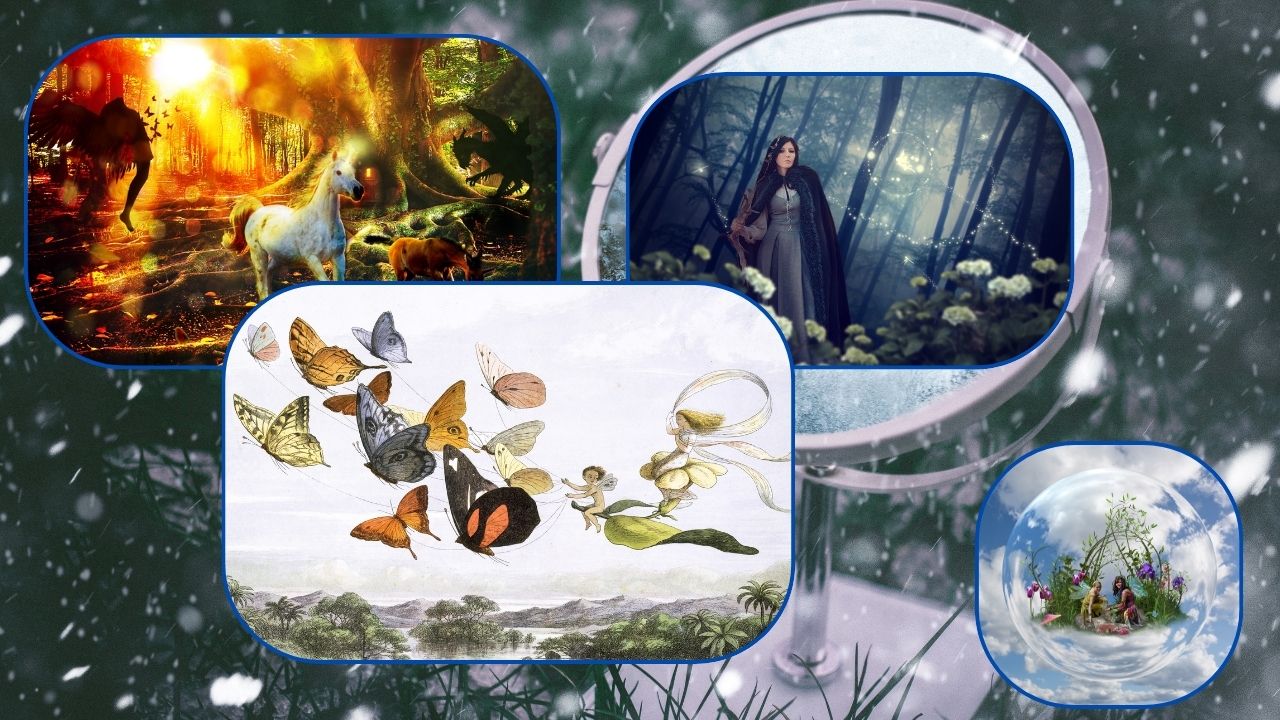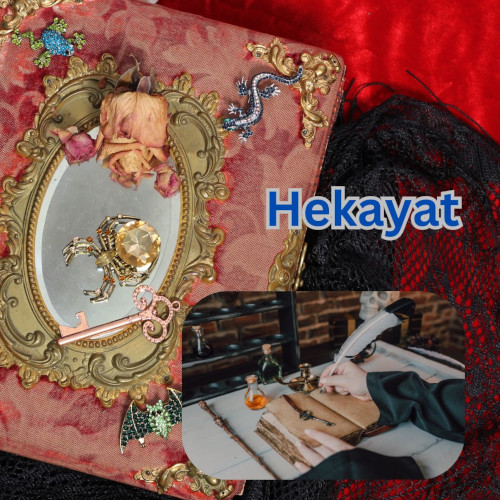Hekayat 46 from Chapter 2 of Golestan of Saadi

English Translation for Hekayat
A king looked upon a group of dervishes with disdain.
One of them, perceiving this, said: "O King! In this world, we are less than you in power, happier in life, equal in death, and better in the afterlife.
Whether the ruler of a prosperous land
Or a dervish in need of bread
At the moment of death, both will take no more from the world than a shroud
When you leave the kingdom behind
Begging is better than kingship
The outward appearance of a dervish is tattered clothes and unkempt hair, but the reality is a living heart and a dead soul.
Not one who sits at the door of claims from people
And if contradicted, rises to fight
If a millstone rolls down from the mountain
It is not a mystic who rises from the path of the stone
The way of the dervishes is remembrance, gratitude, service, obedience, sacrifice, contentment, monotheism, trust, submission, and endurance.
Whoever is described by these qualities is truly a dervish, even if in a robe,
But a wanderer without prayer, a hedonist, a pleasure-seeker who spends days in lust and nights in the sleep of heedlessness, eating whatever comes and saying whatever comes to mind, is a rogue, even if in a cloak.
O you whose inner self is bare of piety
While outwardly you wear the garment of hypocrisy
Do not leave the seven-colored curtain
When you have a mat in your house."
متن حکایت
پادشاهی به دیدهٔ اِستِحقار در طایفهٔ درویشان نظر کرد.
یکی زآن میان به فِراست به جای آورد و گفت: ای مَلِک! ما در این دنیا به جَیْش از تو کمتریم و به عَیْش خوشتر و به مرگ برابر و به قیامتْ بهتر.
اگر کشوَرخدایِ کامران است
وگر درویشِ حاجتمندِ نان است
در آن ساعت که خواهند این و آن مُرد
نخواهند از جهان بیش از کفن برد
چو رَخْت از مملکت بربست خواهی
گدایی بهتر است از پادشاهی
ظاهرِ درویشی جامهٔ ژِنده است و مویِ سِتُرْده و حقیقتِ آن دلِ زنده و نفْسِ مرده.
نه آنکه بر درِ دعوی نشیند از خلقی
وگر خِلاف کنندش، به جنگ برخیزد
اگر ز کوه فرو غلطد آسیا سنگی
نه عارف است که از راهِ سنگ برخیزد
طریقِ درویشان ذکر است و شکر و خدمت و طاعت و ایثار و قناعت و توحید و توکّل و تسلیم و تحمّل.
هر که بدین صفتها که گفتم موصوف است به حقیقت درویش است وگر در قباست،
امّا هرزهگردی بینماز، هواپرست، هوسباز که روزها به شب آرد در بندِ شهوت و شبها روز کند در خوابِ غفلت و بخورد هر چه در میان آید و بگوید هر چه بر زبان آید، رند است وگر در عباست.
ای درونت برهنه از تقوی
کز برون جامهٔ ریا داری
پردهٔ هفت رنگ در مگذار
تو که در خانه بوریا داری


